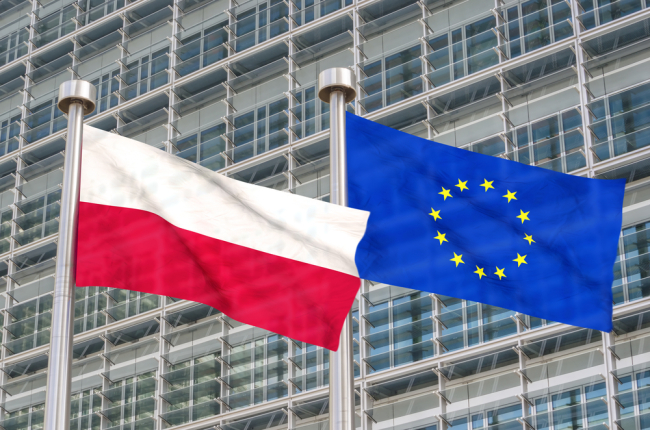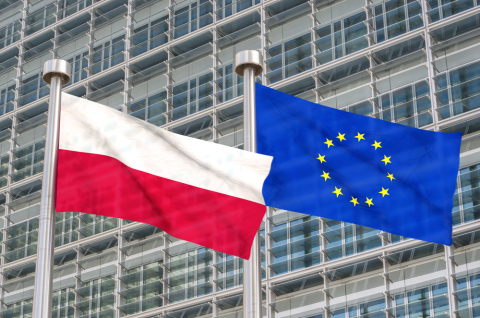
Practical information
As part of the Ifri Energy Program, a seminar with Matthias Dürr, Senior Manager, European Union Affairs, RWE AG, Susanne Nies, Head of Energy Policy and Power Generation Unit, Eurelectric, and Fabien Roques, Director, European Power, IHS Cambridge Energy Research Associates (CERA). Chaired by: William C. Ramsay, Senior Fellow and Director of the Ifri Energy Program and Jacques Lesourne, Chairman of the Scientific of the Ifri Energy Program.
Germany"s decision to close immediately seven nuclear power plants after the accident to Fukushima, and its subsequent decision to phase out all nuclear power by 2022 needs to be managed - and not just by Germany. The action has immediate implications for German and regional grid stability during the upcoming summer where alternative suppliers of kilowatt hours have their own challenges and Germany"s north is even more reliant on wind power. For the medium to longer term, Germany needs to find alternative sources of electricity in greater efficiency, more renewables, more fossil fuel and higher imports. German industry, a locomotive for the robust German economy is anxious about its cost of power. As the EU struggles to implement its third package, decisions by Member States will have a considerable impact on their collective success.
Other events

Affirming European security in times of uncertainty. Poland’s priorities of its presidency of the Council
Poland will assume the presidency of the Council of the EU throughout the first semester of 2025, when geopolitical tensions are likely to peak.

Paris Naval Conference 2025: Naval Power in support of Maritime Economy
This third edition of the Paris Naval Conference (CNP), bringing together high-level speakers from the military, industry and academia, aims to address the issues of securing the maritime economy for the world's navies.






